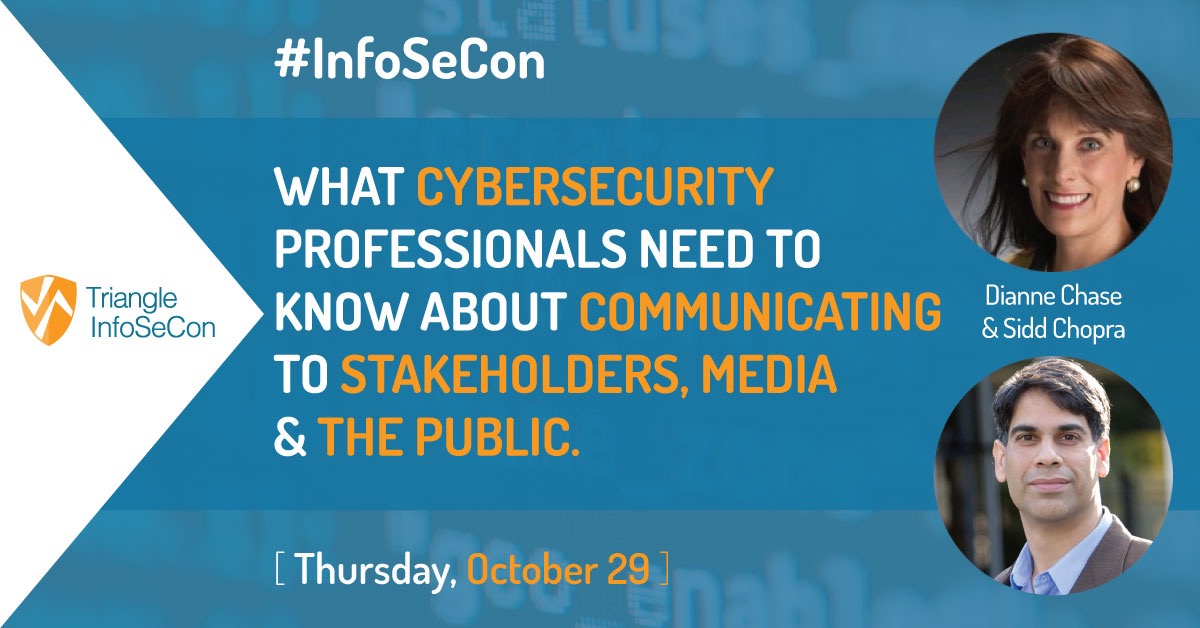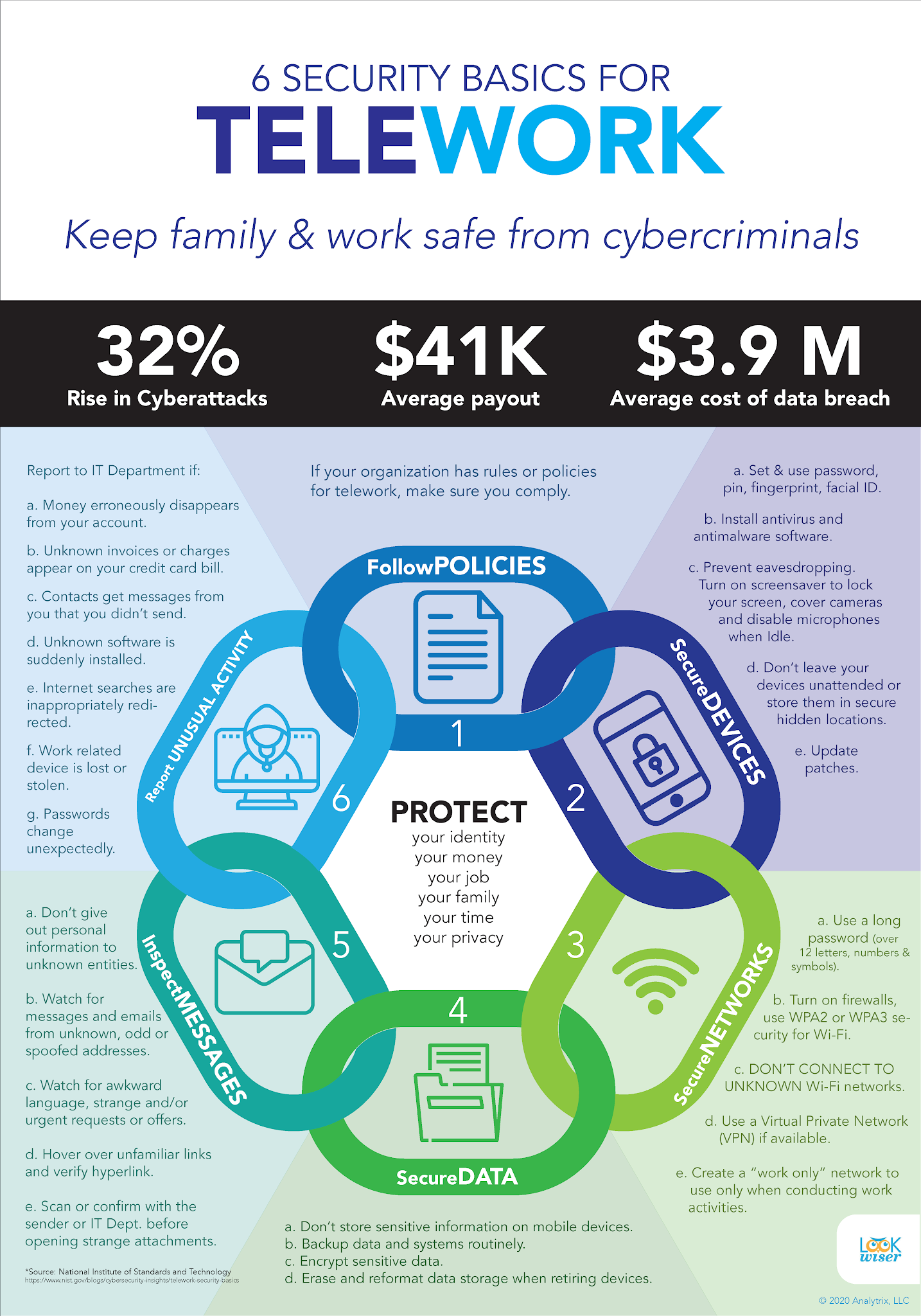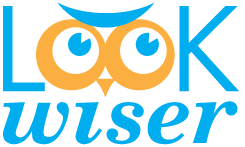Problem: We are losing a $2 trillion war in cyberspace
No one is immune to attack
Even the military has problems, “Due to this lack of focus on weapon systems cybersecurity, DOD likely has an entire generation of systems that were designed and built without adequately considering cybersecurity” “In one case, it took a two-person test team just one hour to gain initial access to a weapon system and one day to gain full control of the system they were testing,” the U.S. Government Accountability Office said.
Few are aware of the seriousness of the problem
“Nobody seems to realize that we are at war & we have been at war for a long time” former Deputy Commanding General of US Army’s Cyber Command, retired Major General Patricia Frost.
Impact could be devastating
4 Star Gen. Paul M. Nakasone, Commanding General, U.S. Cyber Command & Dir. National Security Agency advises while cyber warriors ‘are operating constantly below the level of armed conflict, the cumulative effect could be devastating’
Obstacles?
Unfortunately, very few of the cybersecurity experts and thought leaders have any substantial professional level training in communication, presentations, behavior change or memory.
According to one of the “Fathers of the Internet”, Dr Vint Cerf, this skills gap is “profoundly disturbingly correct.” responding to a presentation I gave to the Federal Information Systems Security Educators’ Association at National Institute of Standards & Technology headquarters.
Solution?
We are attempting to apply advanced neuroscience, cognitive psychology and behavior science in a program that joins with various user groups and the arts community to devise ways to tap into our emotions and elicit behavior change.
I want to join the fight to protect our friends & families in cyberspace!
Research
Interviews include:
Chief Information Officers
- Steven Cooper, Special assistant to the President, First CIO Department of Homeland Security
- Jerry Fralick, Chief Security Officer, Lenovo, former CIO of State of North Carolina
- P.K. Agarwal, CEO, TiE Global, CTO, State of California
Security Experts
- Dr. John Copeland, Former Chair in the School of Electrical and Computer Engineering at the Georgia Institute of Technology
- Dr. Raheem Beyah, Vice President for Interdisciplinary Research, Executive Director, Online Masters in Cybersecurity program
- Colonel Carlos Vega, Director, US Army Cyber Institute
- Christopher Akil, US Defense information Systems Agency
Policy & Innovation Experts
- Dr. Annie Anton, Director of Interactive Computing, Georgia Institute of Technology
- Ted Bujewski, Director of Rapid Innovation Fund Program, Dept. of Defense
Communication experts
- Randy Harvey, JD, World Champion Public Speaking
- Dianne Chase, International Chairperson, International Association of Business Communicators
- Dilip Abayasekara, PhD, International President, Toastmasters
Training experts
- Major General Ronald Sneed, PhD, 108th Training Command (Initial Entry Training) (retired)
- Lt. Colonel Michael Sturdivant, Pentagon
- Brigadier General Chris Ford, (Canada retired) International President, Toastmasters
Neuroscience, Psychology and Behavior Change experts
- Professor Robert Lawrence, MD, Founding Director, Center for a Livable Future, Johns Hopkins University, Co-founder of Nobel Prize winning Physicians for Human Rights organization, Albert Schweitzer Humanitarianism Prize Winner
- 2017 president of the American Psychological Association & neuropsychologist, Dr. Antonio Puente
- Founder & director of Stanford Univ. Behavior Design Lab & behavior scientist, Dr. B. J. Fogg
- Scott Huettel, PhD, Psychology and Neuroscience, Duke University, Expert on Cognitive Neuroscience and Decision Making
IT Experts
- Dr. Vint Cerf, Senior VP, Google, Considered as the “father” of the Internet
- Steve Wozniak, Cofounder, Apple Inc., Inventor of the personal computer
- Dr. Alfred Aho, Former VP Bell Labs Former, chair of Computer Science Dept at Columbia University, John Van Neumann Award winner
Research experts
- Rabin Madan, PhD, Program Director, Office of Naval Research
- Jacob Levin, PhD, President, National Organization of Research Development Professionals, Asst. Vice Chancellor of Research, UC Irvine
Sample of Results


